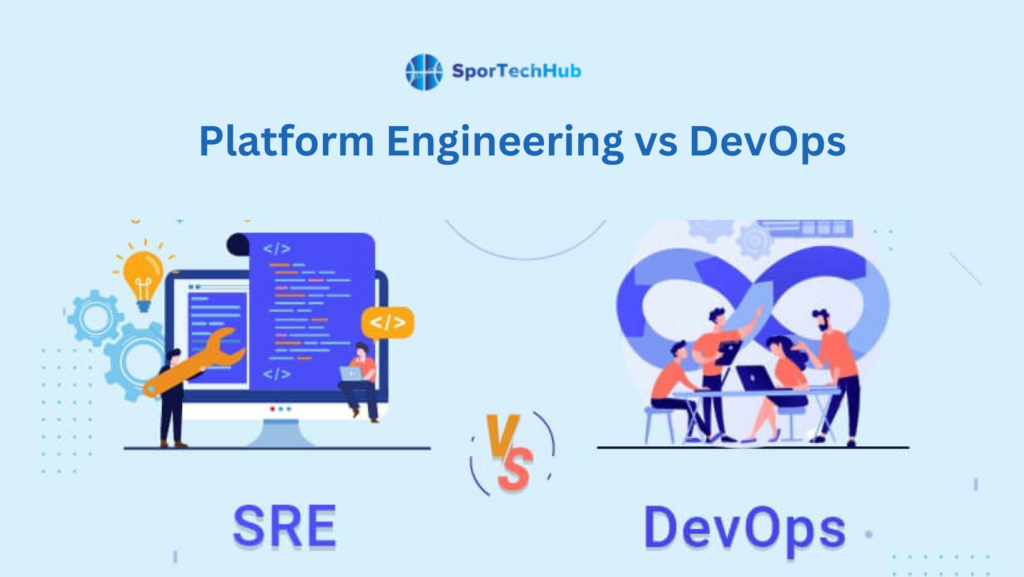
In the ever-evolving realm of software development, two prominent methodologies have emerged as driving forces behind streamlined processes and efficient product delivery: Platform Engineering and DevOps. These methodologies share a common goal of accelerating development and ensuring robust, reliable applications, yet they approach this objective from distinct perspectives. In this blog post, we’ll delve into the key differences between Platform Engineering and DevOps, exploring their main tenets, benefits, and how they contribute to the modern software development landscape.
Understanding Platform Engineering
Platform Engineering, at its core, revolves around the creation and maintenance of a well-structured platform that supports various application teams across an organization. This platform serves as the foundation upon which developers build, test, and deploy their applications. A platform engineered with meticulous care provides a consistent environment, automates processes, and offers a range of services and tools that enhance developer productivity.
Keywords: Platform Engineering, Consistency, Automation, Developer Productivity
The main objectives of Platform Engineering include:
Standardization and Consistency: A well-designed platform enforces best practices and standards across all projects, reducing variations that can lead to compatibility issues or security vulnerabilities.
Automation: Platform Engineers leverage automation to streamline repetitive tasks such as environment provisioning, deployment, and scaling. This not only accelerates the development lifecycle but also reduces the likelihood of human errors.
Self-Service: Developers can access self-service capabilities through the platform, empowering them to create and manage their environments, test suites, and deployment pipelines independently.
Exploring DevOps
DevOps, short for Development and Operations, is a cultural and technical approach that emphasizes collaboration and communication between development and IT operations teams. DevOps aims to break down traditional silos and bridge the gap between development, quality assurance, and deployment, leading to faster, more reliable software releases.
Keywords: DevOps, Collaboration, Automation, Continuous Integration, Continuous Delivery
Key components of DevOps include:
Collaboration: DevOps promotes open communication and collaboration between development and operations teams to ensure that code changes are seamlessly integrated, tested, and deployed.
Automation: Automation plays a crucial role in DevOps by automating tasks such as testing, provisioning, and deployment. This reduces manual intervention and speeds up the delivery pipeline.
Continuous Integration and Continuous Delivery (CI/CD): CI/CD pipelines automate the building, testing, and deployment of code changes, enabling frequent and reliable releases.
Balancing Platform Engineering and DevOps
While Platform Engineering and DevOps have distinct focuses, they are not mutually exclusive. In fact, they often complement each other to create a robust and efficient software delivery ecosystem. Platform Engineering can provide the underlying infrastructure and tools needed for successful DevOps implementations, ensuring that the CI/CD pipelines have a solid foundation to build upon.
Keywords: Software Delivery Ecosystem, Robust Infrastructure, CI/CD Pipeline
Conclusion
In the rapidly evolving landscape of software development, Platform Engineering and DevOps stand out as essential methodologies that facilitate efficient, reliable, and scalable application delivery. Platform Engineering ensures a solid foundation by providing standardized tools and services, while DevOps enhances collaboration and automation to accelerate the development lifecycle. By understanding the strengths of both approaches and finding the right balance, organizations can navigate the complexities of modern software development and meet the demands of the ever-evolving market.
